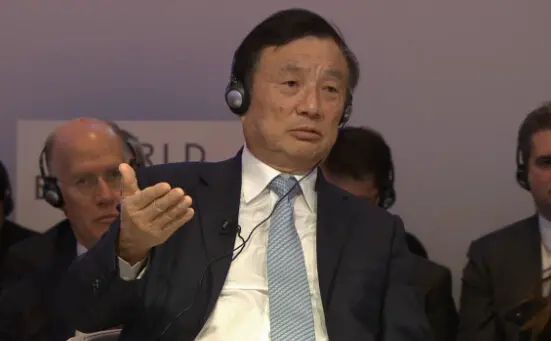A deal has been reportedly reached between the Syrian Kurdish forces and Damascus according to which the Syrian army will enter the Afrin enclave in the northern part of the country. This agreement is a cooperation between the Syrian government and the country's Kurds, led by the Democratic Union Party (PYD), to counter the ongoing Turkish campaign that started in early January.
The relationship between the Syrian government and Kurdish militants has been described by different analysts from opposite perspectives.
On the one hand, some analysts believe that the PYD and Syrian government are "enemies". The PYD, as a secular political group in northern Syria which controls more territory than any other faction on the ground, has been struggling to realize "ethnic equality" between Kurds and Arabs inside Syria. The PYD describes its rule in northern Syria as a "democratic self-governing collective self-administration from below" based on the organization of people into civil institutions.
The PYD hopes to turn the future Syria into a decentralized state consisting of different local autocratic administrations. Its political requests – “ethnic equality” and “decentralizing Syria” – have been rejected by the Syrian government on many occasions. Therefore, the relationship between Damascus and the PYD has become increasingly strained after ISIL was defeated in northern Syria last year.
YPG/PKK militants dressed in civilian clothes prepare to launch rockets, targeting Turkey's border areas, in Jinderes district of Afrin, Syria, February 13, 2018.
On the other hand, the relationship between Damascus and Kurds could be interpreted as "friendship". The close relation between the two could be traced back to the 1980s, when the Syrian government was an important supporter of the Kurdish Workers’ Party (PKK), a left-wing political group seeking political independence of the Kurdish area in southern Turkey and which has been branded by Ankara as a terrorist group.
From the 1980s to the 1990s, northern Syria became the base camp for PKK militants. After Syria and Turkey reached an agreement in 1998, Syria suspended its support for the PKK and deported many PKK seniors.
PKK’s influence still prevailed in the Kurdish area of northern Syria after PKK officials were deported. The PYD was established in northern Syria by upholding the ideology of Abdullah Öcalan, the PKK leader. After war broke out in Syria in 2011, the PYD became one of the most powerful groups on the ground and controlled large swathes of territory in northern Syria.
Some argue that many areas in northern Syria were transferred by the Syrian government to the PYD largely because regaining control from the PYD would be comparatively easy, should the government survive the civil war.
Syrian Kurds mourn fighters from the YPG militia and the Women's Protection Units (YPJ) who were killed in clashes in the Kurdish enclave of Afrin in northern Syria on the border with Turkey, February 18, 2018.
After Turkey launched the military offensive on Afrin area in Aleppo province last month, the relation between Turkey and the Syrian government became increasingly complicated.
Given the fact that the Turkish government still upholds the principle of “Assad must leave” in its policy towards Syria, Damascus has been watching vigilantly Turkey’s military move. Turkey’s ultimate goal inside northern Syria is to create a "buffer zone" west to the Euphrates River to settle both Turkey-backed Syrian rebels and more than three million Syrian refugees currently in Turkey.
The proposed Turkish "buffer zone" is deemed by the Syrian government as an infringement on Syria's territorial integrity. With the shared threat, the cooperation between the Syrian government and the PYD is not unimaginable.
The Syrian government and Syria's Kurds may become enemies when they differ on the power arrangement, while they could become friends once they face a shared threat from Turkey. "Frenemies" might be the best word to describe the tricky relation between the two.
(CGTN)
 简体中文
简体中文

